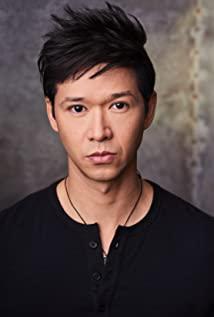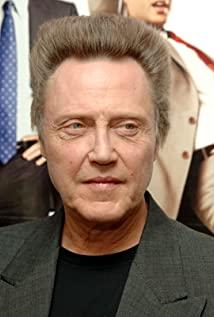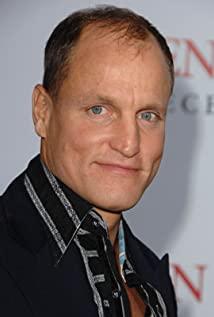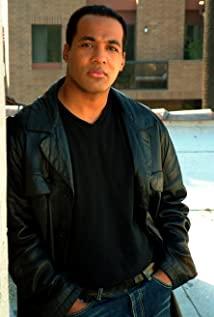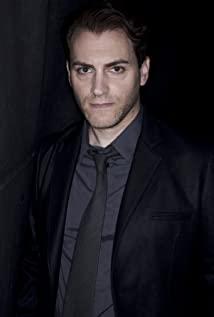The film connects the bizarre stories through the telling of different characters, and this patchwork looks disorganized from the beginning. The first half, whether it is the plot or the characters, gives a feeling of being out of control, chaos and depression, such as Marty's uncontrollable alcoholism, Billy's madness, Charlie's brutality, Hans' affectionate relationship with his lover after cancer surgery, the so-called serial killer's so-called The defense of justice, and the paranoid hatred of the Vietnamese. But the atmosphere started to pick up in the last twenty minutes. The part where the three of them designed the ending for the script together in the desert was very nonsensical and burst out laughing. After that, as Marty expected from the script, something a little higher gradually happened.
The scene is moved to the desert, Hans can't come out of the grief and anger of losing his lover, maybe he has already started to think about his own ending, this is a character I like, a Quaker. Having walked through many great griefs in a lifetime, it should be one filled with hatred. But he didn't let hatred follow. I can't fully understand what his mood and thoughts were when he smeared a knife on his neck, maybe it was his insistence on faith, or maybe he wanted to wash away his sins. When in the end his lover was brutally murdered, he agonized, brooded, and finally wrote the ending for the Vietnamese, like himself. I have always believed that a person's true thoughts will be reflected through his evaluation and setting of others. He made the Vietnamese the last monk who set himself on fire to resist the Vietnam War. He let go of his hatred and set his sights on a wider group of people, all those who were hurt in the Vietnam War. I guess that's how Hans unleashes his hatred. The relief was instantaneous, like hearing a prostitute say "that's useless" when the Vietnamese are about to set fire, yes, paranoid hatred is useless. Of course at that time Hans hadn't thought that he would sacrifice himself at the right time to bring life to Marty and Billy. Decisions are made at the last cut point. So when he fell in a pool of blood, said "That's not gray". Because it is no longer just pain and hatred, because he himself is freed.
Even though Billy is a lunatic, if not typical, he has bipolar disorder. But I still like this character. because of his diary. The diary was devoted to the dialogue with himself when he faced himself, the most real world. Maybe a lot of times he can't control himself to do things, but he tries to control himself, and he really loves Marty, for Marty's script, he invested all his imagination and enthusiasm, even over-involved; he also for Marty Control your emotions to a great extent. In the end, he must write the script according to his ending, and he also gave the script a bright and upward ending. A character to love and hate.
View more about Seven Psychopaths reviews







